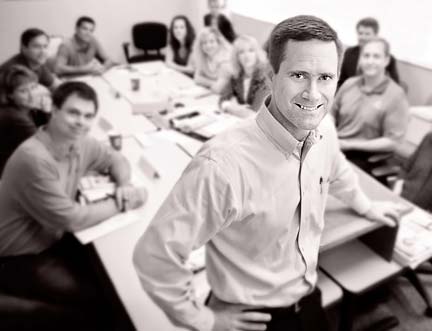I had an interesting experience recently while swimming.
As I was preparing to get into the pool, another swimmer was getting into the same lane at the opposite end. As is the normal etiquette, I waved to her indicating which side of the lane I’d take, and she waved back. As I started to slide in, I realized I’d forgotten to shower so I went back into the locker room, took a quick shower and hopped into the pool
The other swimmer was about mid-way up the lane, semi-stroking, floating along on her back as I pushed off. As I passed her, she let out a screech and started screaming at me. “What are you doing? You scared the hell out of me! Why are you in my lane?!?”
I wish I’d had a picture of my face. I came out of the water like a jack-in-the box, jaws wide open, eyes bigger than my goggles. What shot through my head and hit the tip of my tongue was “You stupid &!*#! What do you think I’m doing? I waved, you waved back. I’m swimming my laps! What’s with you? What are you doing in a swim lane if you don’t understand proper etiquette?”
What actually came out of my mouth was “I’m sorry. When I waved and you waved back I thought you knew I was sharing the lane with you. I didn’t intend to scare you. It was my fault. Do you mind if I share the lane with you?”
I don’t remember the response other than anger and dismissiveness as she bee-lined for the lifeguard to report me. I found out later that she was a first time swimmer and thought I was just waving earlier to be nice. When I ducked back in for my shower, she had thought I’d left and she started swimming.
When she finished her tête-à-tête with the lifeguard, she got back into the pool in another, now-open lane and we both went about our work-out. When I finished, I went over to her again and repeated my apology, almost verbatim. I genuinely was sorry that I’d startled her. She scolded me slightly and accepted my apology. I said, “Thank you. Take care.”
To be honest, I was slightly irritated that I was taking the rap for doing what was a normal custom. But, what the hell? In my mind, I startled her and I didn’t want her to feel she was under any kind of threat. Was there any cost to me to be kind rather than acting defensive?
The next time I swam, she was a couple of lanes over and waved at me as I popped up between laps. Later, in the whirlpool, she laughed at a story I told a buddy and we chatted like we were old friends. Again, to be honest, I found myself wanting to defend my actions and let her know that I’d been right in following decorum. After all, who was she to question me? Hell, I’ve been swimming for years. I know the rules!!! Like, who are you, lap-queen?
At the same time I was thinking, “You know, this is childish. Who gives a crap? Let it go and just be friendly.”
One of the greatest realizations I’ve come to through the years is that most of the baggage people carry through life is of their own choosing. And most of that weight is caused by lack of forgiveness over relatively small matters. Most problems come down to simple misunderstandings between people, over who’s following the proper “rules.” But through listening and not being defensive, even the most complicated problems really aren’t as complicated as they’re made out to be, once people just take the time to understand one another.
Anyway, I think I have a new pool buddy. Her name is Sandra.
Charles Gupton



 Posted by charlesgupton
Posted by charlesgupton 






